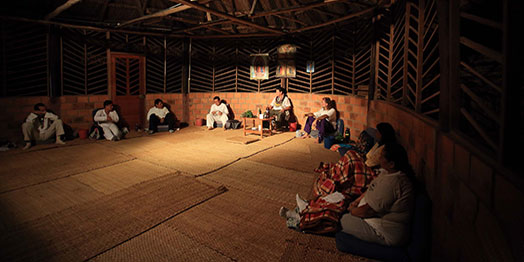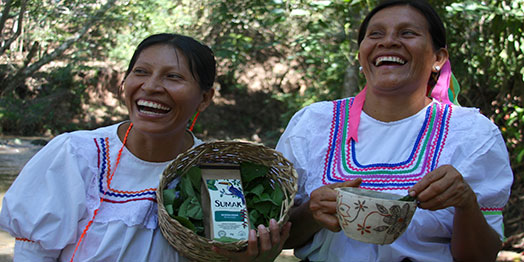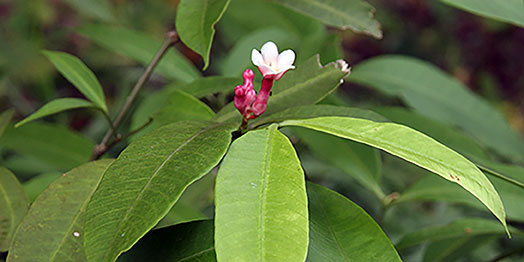News

30 April 2020
Including a donation to charity in your Last Will and Testament is an act of generosity through which, in addition to looking after your family and loved ones, you can choose to leave part of your inheritance to the Takiwasi Center and thus contribute to improving the lives of thousands of people, from those whose existence has been directly or indirectly affected by addictions, to the indigenous communities who are the guardians of the Peruvian Amazon.

27 April 2020
Call for proposals – Frontiers in Pharmacology
Our scientific director Matteo Politi is the leading topic editor of the recently launched call for proposals by Frontiers in Pharmacology on the topic: “Beyond the Pharmacology of Psychoactive Plant Medicines and Drugs: Pros and Cons of the Role of Rituals and Set and Setting”. Contributions are invited from a broad range of disciplines and fields of research.

25 April 2020
Drinking Ayahuasca Without DMT is Powerful and Traditional
Ayahuasca vine-only brews are not popular in ceremonies held for foreigners. But indigenous healers and an emerging science tell a different story. A new article by our scientific Matteo Politi published on Kahpi - The Ayahuasca Hub, March 31, 2020.

20 April 2020
New article by Takiwasi’s research department published in Journal of Ethnopharmacology, available online 18 April 2020.

15 April 2020
The Mind of Plants – Ushpawasha Sanango
The Mind of Plants brings together a collection of short essays, narratives and poetry on plants and their interaction with humans. Authors from the humanities, social sciences and natural sciences write about their connection to a particular plant, reflecting upon their research on plant studies in a style accessible for a general audience. A contribution on Amazonian teacher plant Ushpwasha Sanango is offered by our scientific director Matteo Politi.



